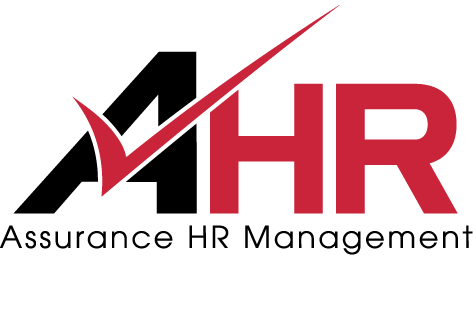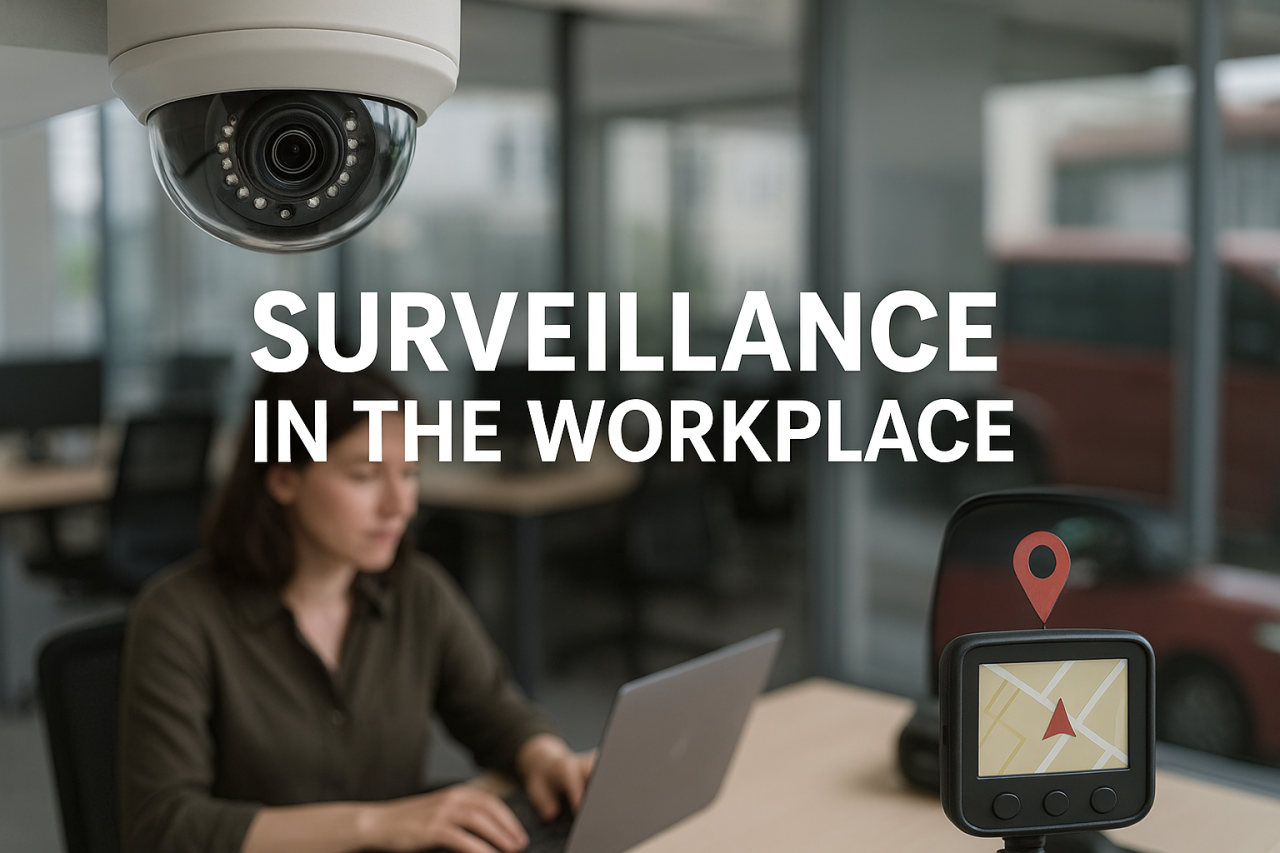The Case Overview This article provides an overview of a Fair Work Commission dismissal case.
Fair Work Commission Dismissal Case: Lessons in Casual Employment
The Fair Work Commission dismissal case involving a casual cook offers a vital lesson for Australian employers. In this instance, a dispute arose after a worker believed she was fired following an injury leave. This case highlights how easily communication breakdowns can lead to legal headaches.
The Background of the Dispute
The worker started as a casual cook in July 2023. By February 2024, a back injury left her unfit for work. She provided medical certificates covering her absence until mid-April. On April 15, she messaged her employer about a medical clearance appointment, expecting to return shortly after. However, the subsequent exchange left the worker convinced she had been dismissed.
Why the Worker Claimed Dismissal
Several factors fueled the worker’s belief that her employment had ended:
-
System Removal: The employer removed her from the MYOB payroll system.
-
Vague Responses: She received no explicit confirmation that her job was secure.
-
Finality in Tone: The company sent an email wishing her “good fortune with future employment.”
The Employer’s Defense
The employer argued that no dismissal occurred. They explained that removing absent staff from MYOB was standard practice during long leaves. Furthermore, they had requested a face-to-face meeting that the worker declined. They sent the “good luck” message only because they assumed she had already moved on.
A Breakdown in Communication
The Fair Work Commission (FWC) noted a significant breakdown in communication. While the cook was eager to return, the employer was surprised to hear from her after six weeks of silence. This confusion created a “he-said, she-said” scenario that landed both parties in a Fair Work Commission dismissal case.
The FWC Verdict
Ultimately, the FWC ruled that no dismissal had occurred. The Commission found insufficient evidence that the employer intended to stop offering her shifts. Even if the relationship had ended, the employer’s conduct was not the “principal contributing factor.”
Key Takeaways for Employers
This Fair Work Commission dismissal case proves that clarity is king. To protect your business, you should:
-
Maintain Direct Contact: Avoid relying solely on automated system updates or brief texts.
-
Clarify Intentions: If a worker’s status is unclear, ask directly rather than making assumptions.
-
Document Everything: Keep records of all return-to-work discussions.
Clear communication prevents misunderstandings and keeps you out of the FWC.
Disclaimer: This information was accurate at the time of writing and serves as general advice. For specific legal guidance, call AHR on 1800 577 515.
For more information click here










